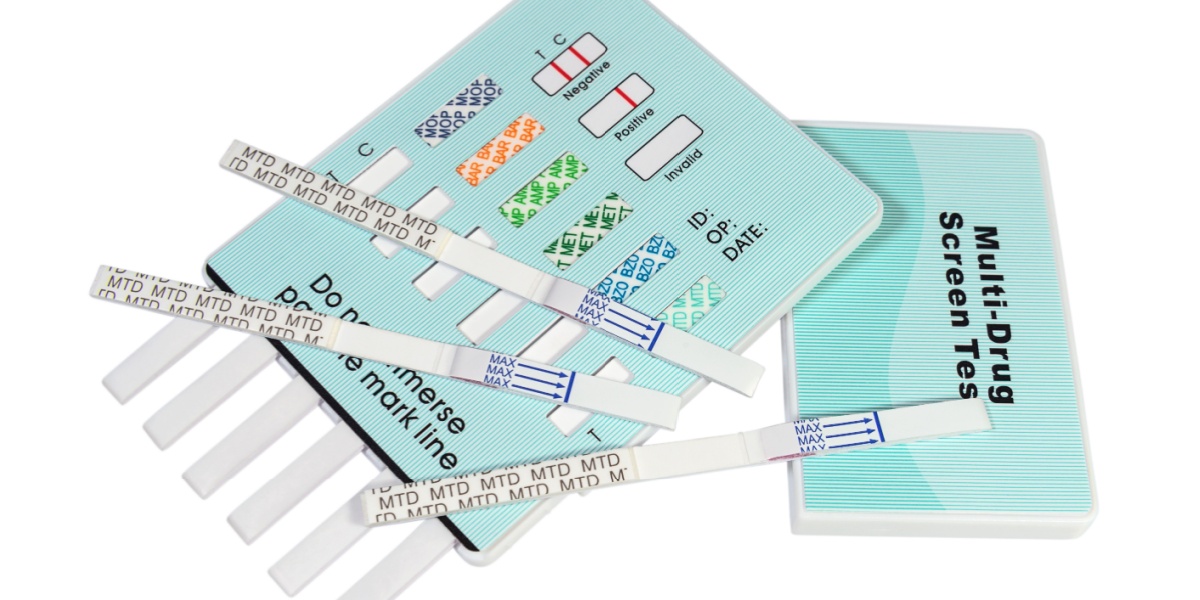Codeine is a form of prescription opioid painkiller that is used to treat those suffering from mild to moderate pain. Codeine can be traced in urine, blood, hair, and saliva drug tests, as the table illustrates below.
| Drug Test Type | Codeine Detection Time |
|---|---|
| Urine | Up to 3 days |
| Blood | Up to 24 hours |
| Hair | Up to 90 days |
| Saliva | Up to 4 days |
- Codeine is detectable in urine for up to two to three days after taking the drug.
- While codeine opioid metabolites will be detectable in both regular codeine and lean codeine mixture consumption, the overall detection time of lean codeine may be slightly different.
- Differences in detection rates are due to the different combinations of substances contained in the lean codeine mixture and how they interact with the body.

How long is codeine detectable in your system?
Codeine detection depends on the type of test and individual factors like metabolism, dosage, and health conditions. Here's a breakdown of common detection windows:
- Urine: Up to 3 days
- Blood: Up to 24 hours
- Saliva: Up to 4 days
- Hair: Up to 90 days
Factors like long-term use, co-use with alcohol, or liver health can extend these times. Personalized variables such as age and genetics also play a role. Combining codeine with other substances, such as in "lean," may alter detection times further.
Read here for more info on drug tests and when you may be required to take one.
Factors that affect codeine detection times
Many factors can influence the detection rate in a toxicology test, and these can vary from person to person. For instance, someone with a long history of opioid abuse or someone who uses codeine in large quantities will have detectable opioid metabolites in their system for longer than someone without this history. The same is also true if someone abuses multiple drugs or combines them with alcohol regularly.
Other factors that influence codeine detection rates include these:[1]
- Body mass index (BMI)
- Body composition
- Genetic factors
- Gender
- Age
- Pre-existing medical conditions (especially those involving the liver or kidneys)
Does lean stay in the system for the same amount of time as codeine?
While codeine opioid metabolites will be detectable in both regular codeine consumption and lean, the overall detection time of a lean codeine mixture may be slightly different.
This is due to the different combinations of substances contained in lean mixtures and how they interact with the body. For example, if a lean drink combination contains a high level of alcohol, it can affect how the liver processes the toxins in the body and how long it will take to metabolize codeine. This makes it almost impossible to say how long lean will stay in any individual's system.

-person-thumbnail.jpg?v=1758880627)
-guide-detail.jpg?v=1756808574)
-guide-detail.jpg?v=1722503149)
-guide-detail.jpg?v=1722501565)